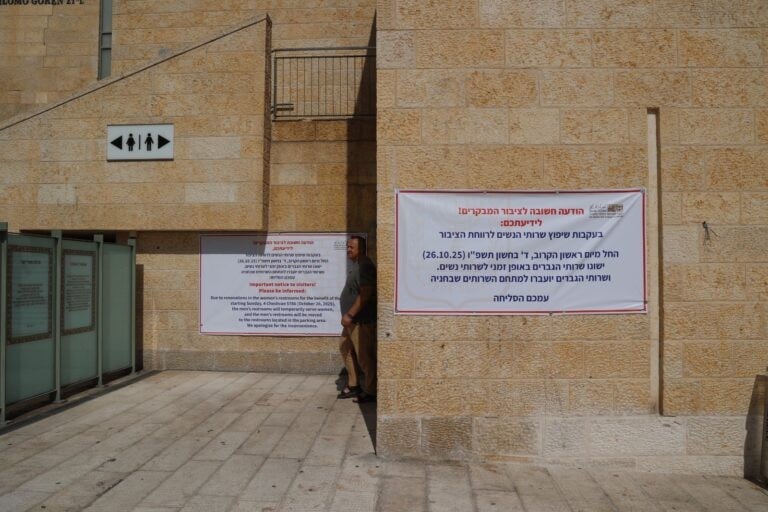Our parasha opens with the laws of the Hebrew slave – a person who got into a dire financial state and had to sell himself into slavery. This is a horrifying situation that, living in the 21st century, we are unfamiliar with. But it existed in the past in all cultures. Even today, it might exist in other variations like enslavement to incessant work, etc. Surprisingly, the first law with which the Torah begins those of the Hebrew slave is not a list of the slave?s obligations to his owner, but rather the opposite:
Should you buy a Hebrew slave, he shall work [for] six years and in the seventh [year], he shall go out to freedom without charge.(Shmot 21, 2)
Someone who buys a Hebrew slave cannot enslave him for more than six years. On the seventh year, the master must give him the greatest gift of all: eternal freedom.
But we want to understand: Why does the Torah begin the list of ?monetary laws? with the laws of slaves? Are these the most commonly used? And furthermore, why is this law, of freeing the slave after six years, at the start of the laws relating to the Hebrew slave?
The answer to these questions rests in the Torah?s stand regarding monetary laws and interpersonal laws. The human attitude toward laws, particularly monetary laws, is one of total obligation, inescapable justice: the indebted must pay his debt; the person who does damage must pay compensation. There is no place here for compromise or concession. This is the nature of the law. It is definitive, just, and essential. Moreover, compromise and concession to one person can harm the rights of another. Therefore, the natural sense of compassion toward the poor person who unwittingly got into trouble cannot be a part of the justice and legal system. We must uphold the laws and ignore the inner voice crying and demanding to take pity on the poor.
On the other hand, this outlook ignores our inner moral voice which cries out at the sight of injustice. The phenomenon in which the rich takes advantage of the poor?s distress and lends him money for a usurious rate of interest, and then demands of the poor person to sell the little he owns to be able to pay his debt ? though it might be correct legally, it justifiably makes us feel uncomfortable morally.
So what?s right? How should we act?
To solve this dilemma, the Torah sets up laws of justice that do not ignore compassion. The laws of the Torah do not allow for harming man?s proprietary rights, but we are also required to uphold the law with a sense of compassion and understanding of the distress of the poor.
The Torah begins the chapter on monetary laws with those relating to slavery and freeing a Hebrew slave after six years in order to teach us that even when our rights are absolute, even if we honestly earned our property, we mustn?t ignore compassion and pity for the distress of someone suffering. A person forced to sell himself into slavery does not do this because he has a choice. He is helpless and we must pay attention to his misery and allow him to live freely and return to his family after six years of slavery.
This concept of justice intertwined with compassion allows for the coexistence of rights and laws with pity and sensitivity which are among the Jewish nation?s most outstanding traits. A legal system based on these two principles leads to perfect, Divine justice.









